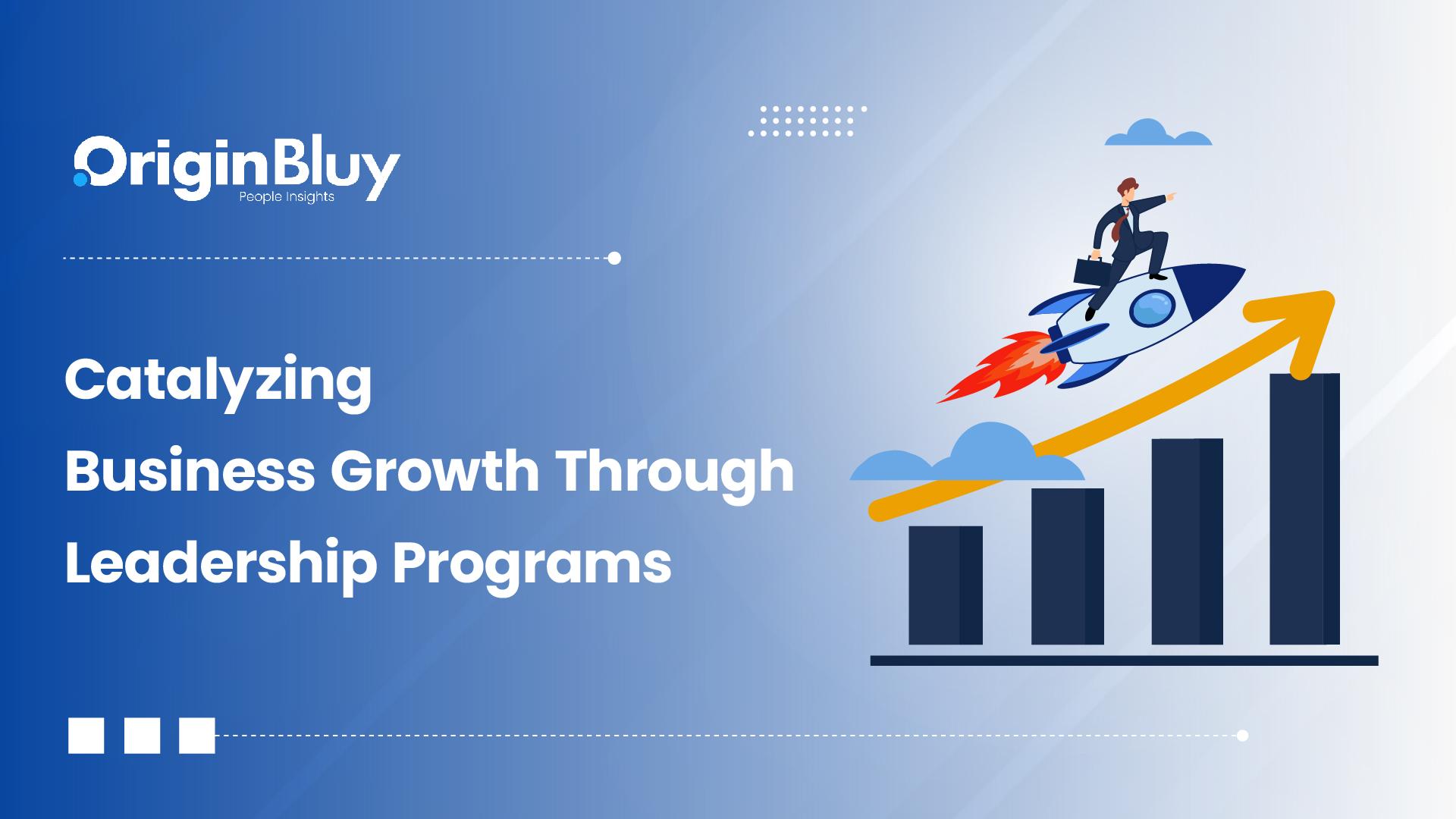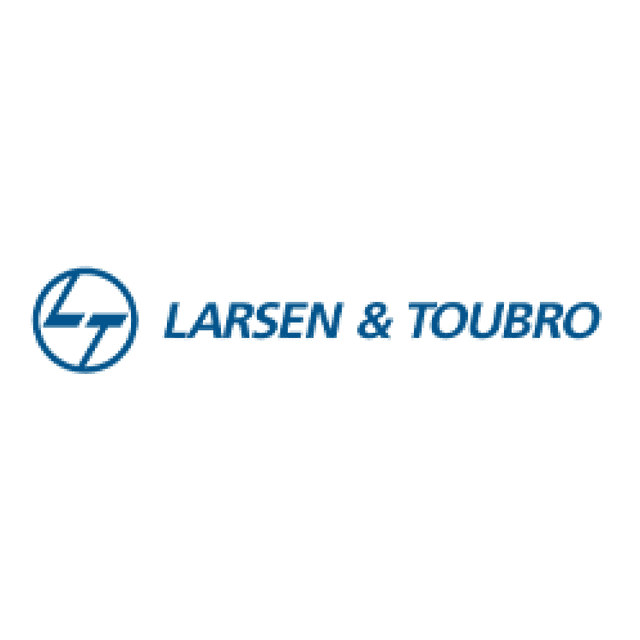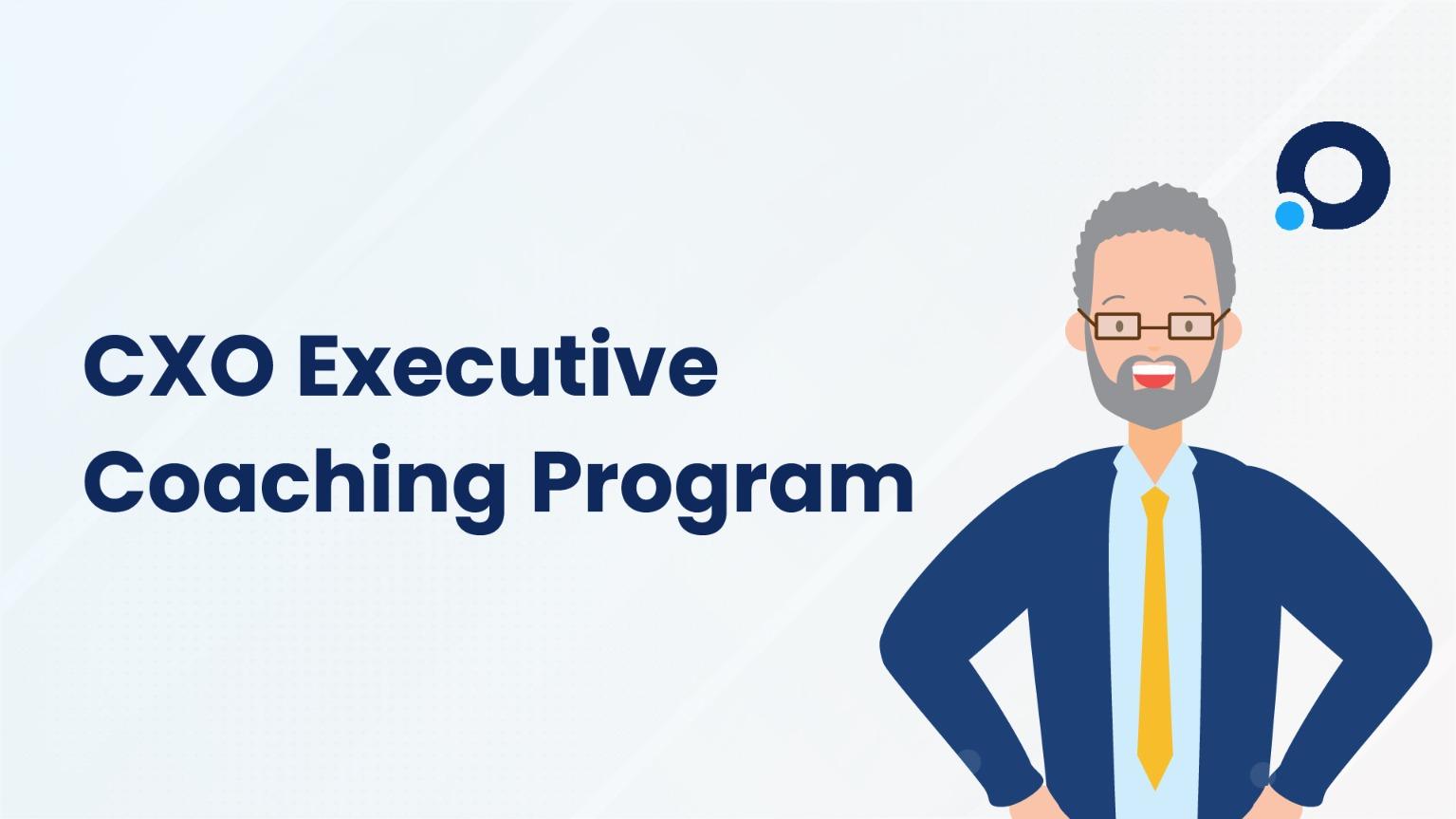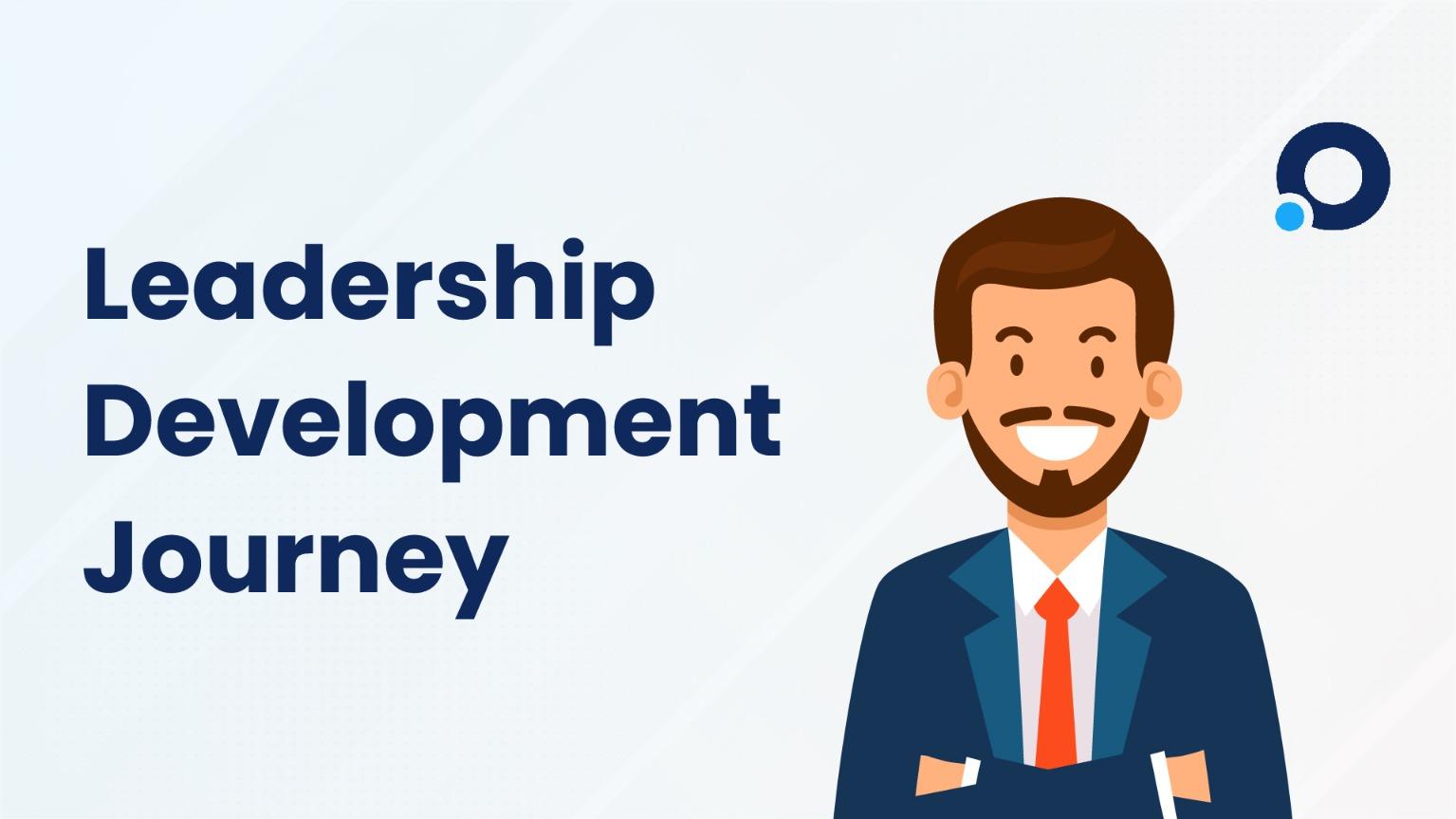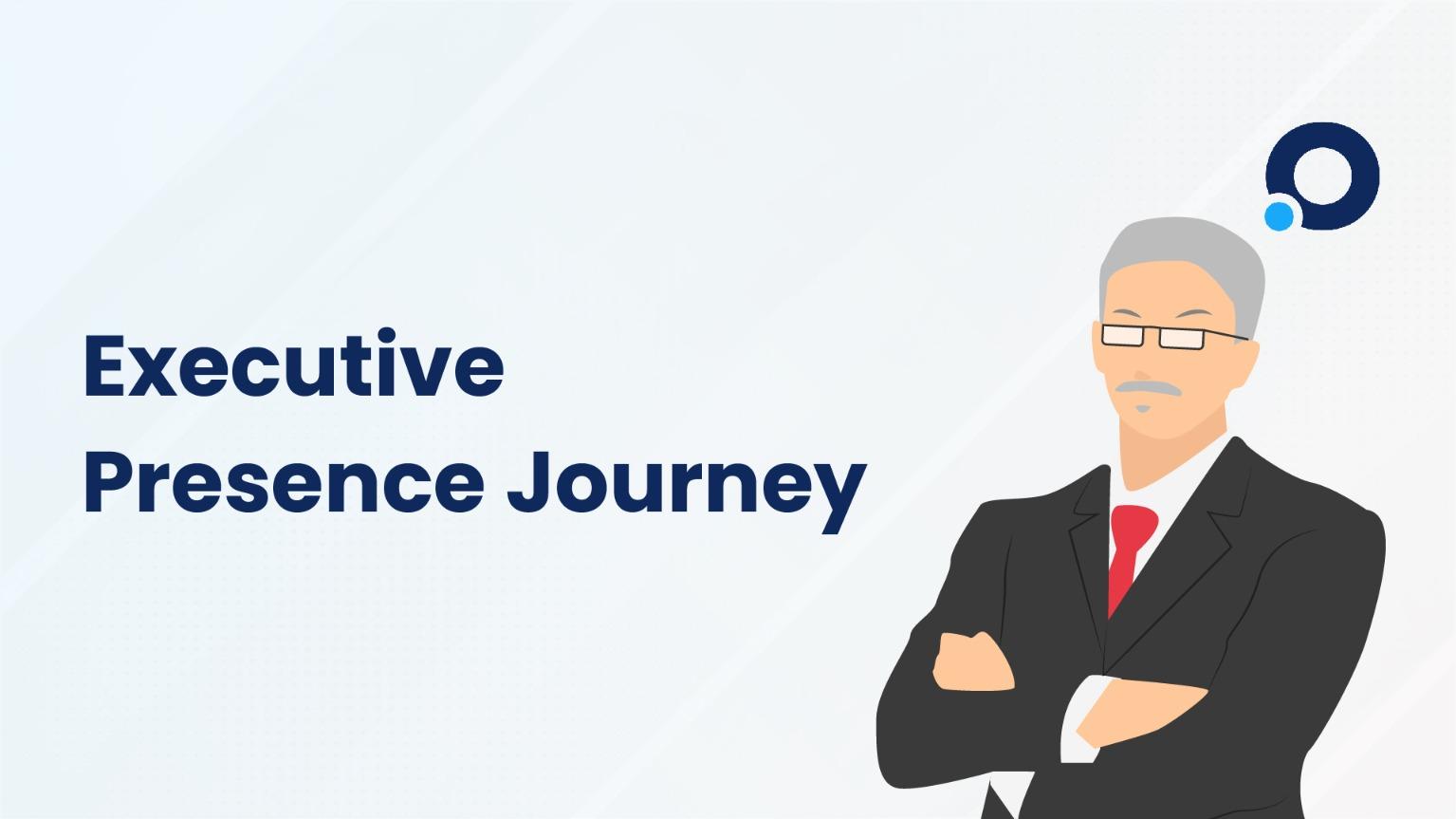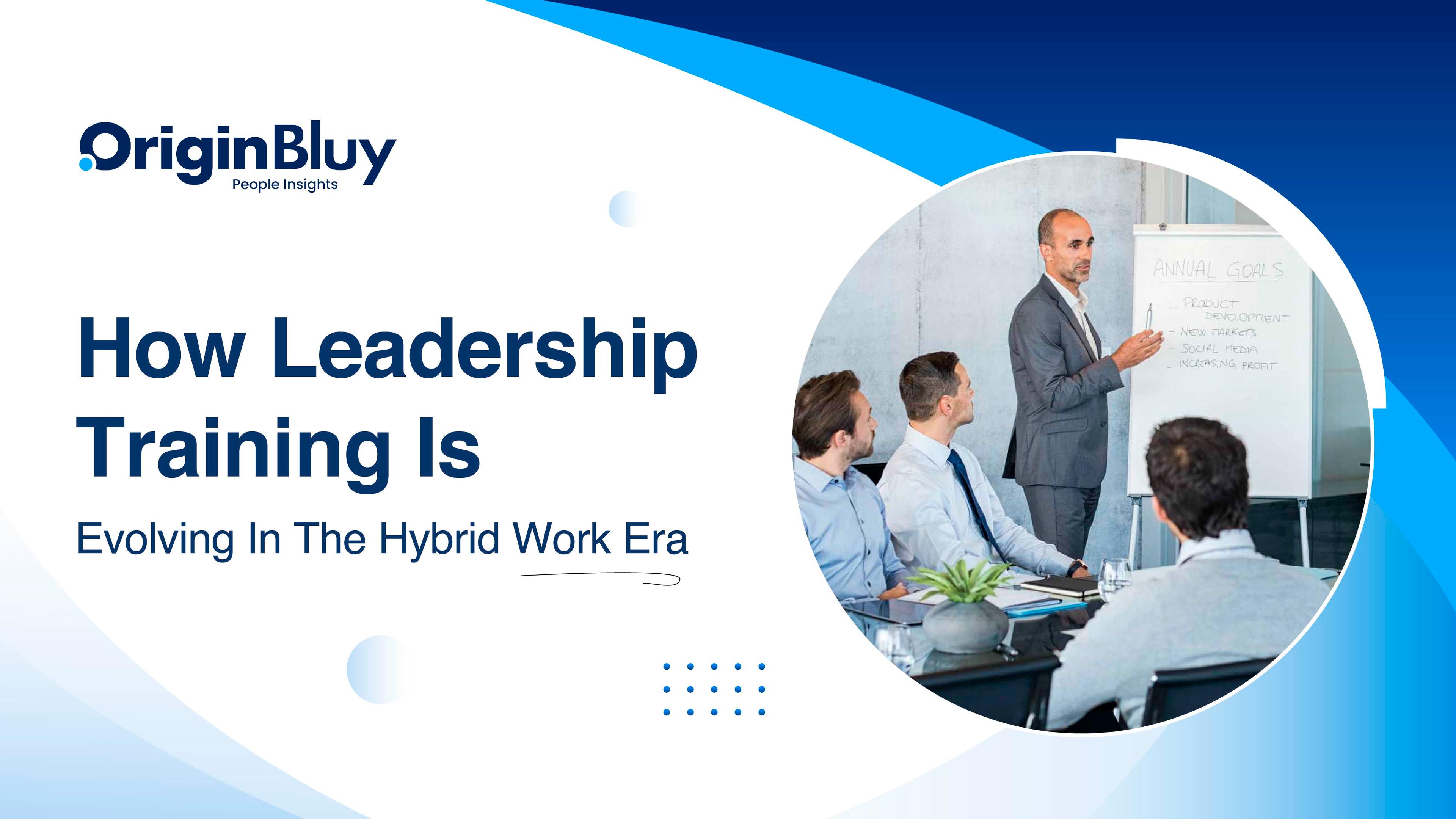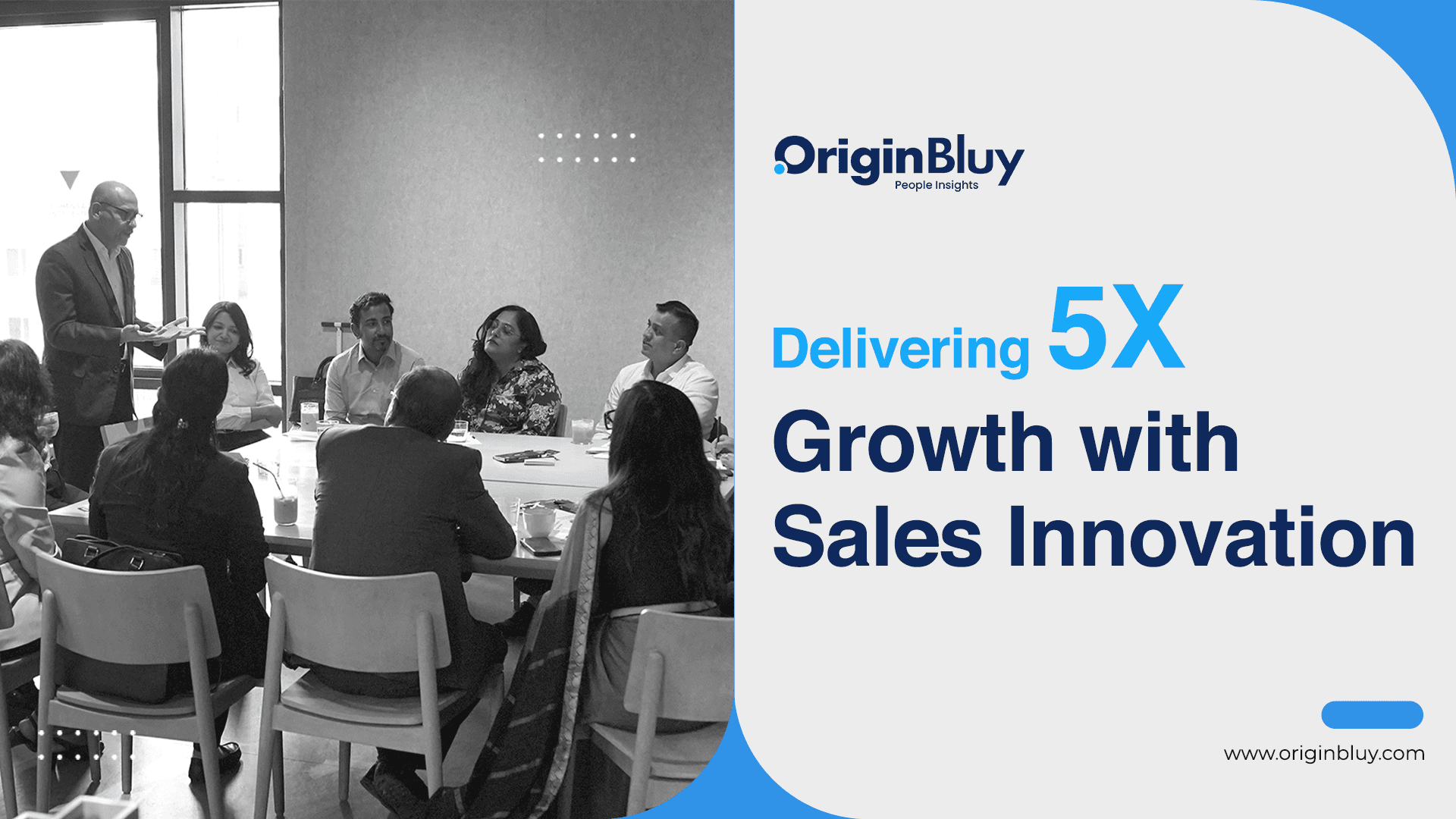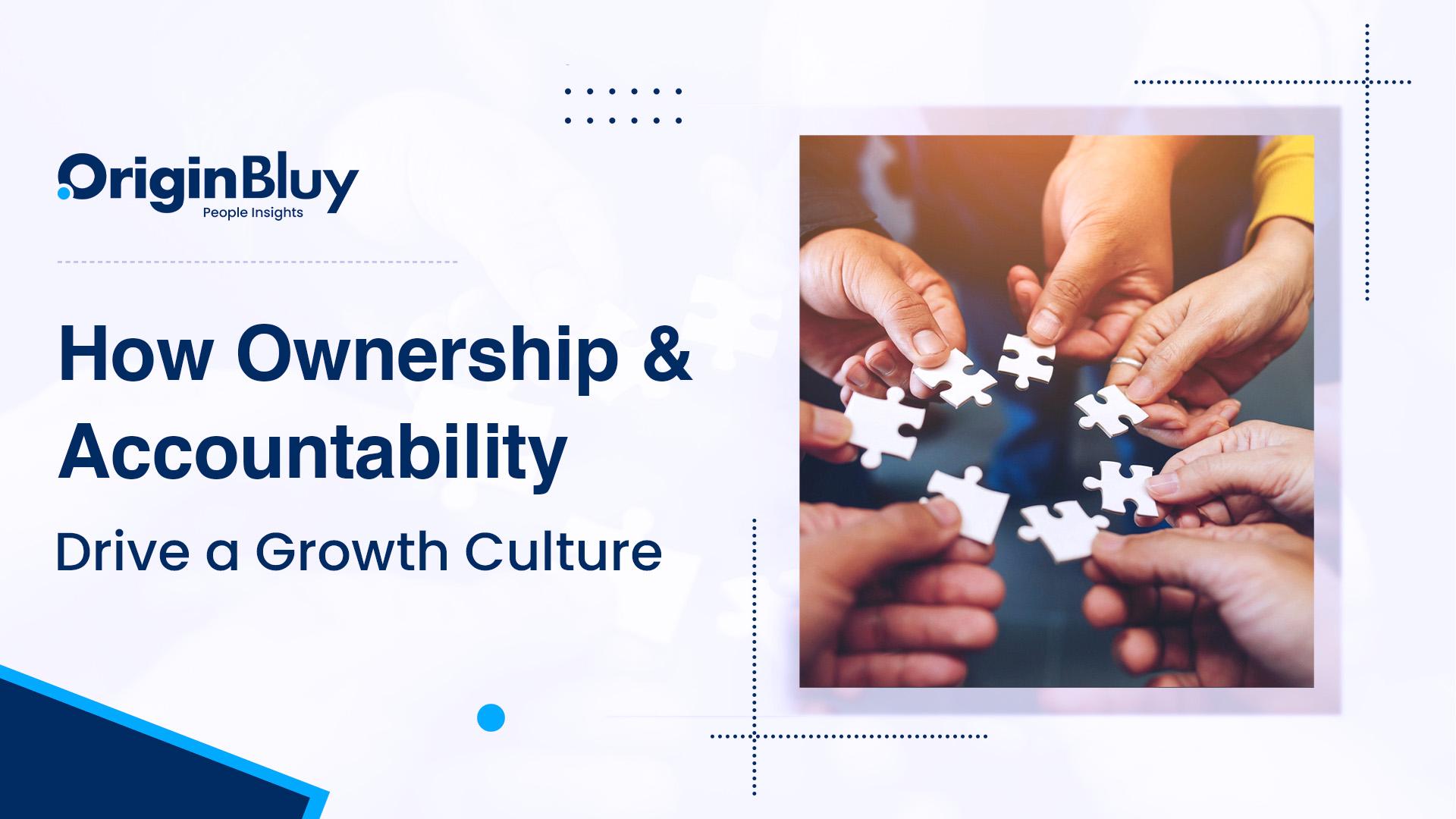Effective leadership can propel companies to a 21% increase in profitability, as a result, the quest for impactful leaders is more critical than ever. Yet, the path to cultivating these pivotal figures is fraught with challenges: rapid market changes, skill gaps, and scarce training resources stand as formidable barriers.
Leadership programs emerge as a strategic beacon, guiding businesses towards nurturing the agile, visionary leaders essential for navigating today's complex business terrain. These programs don't just fill leadership voids; they transform potential into performance, melding theoretical insights with practical prowess.
As the cornerstone of organizational success, investment in leadership development is not merely beneficial—it's imperative for sustainable growth and a competitive edge.
Let’s embark on a journey to unravel how leadership programs can be the catalyst for this transformative journey.
Benefits of Leadership Programs
Leadership programs offer advantages that extend beyond the individual participant, impacting the entire organization and its bottom line. These benefits are a testament to the transformative power of focused leadership development.
Here's how leadership programs can help with business growth:
Enhanced Employee Engagement and Productivity
Leadership programs empower leaders with the skills to create an engaging work environment where employees feel valued and motivated. Through effective communication, recognition, and constructive feedback, leaders can significantly boost team morale.
This positive workplace culture leads to higher productivity as employees are more committed to their tasks and aligned with the company's goals. Studies have shown that organizations with engaged employees outperform those with low engagement levels in profitability and customer satisfaction.
Improved Decision-Making and Problem-Solving
Leadership training often includes critical thinking exercises, scenario analysis, and decision-making frameworks that help leaders assess situations more effectively. By developing these skills, leaders can navigate complex business challenges with confidence, making decisions that are informed by a deep understanding of their potential impacts.
This capability is crucial for maintaining a competitive edge, as it allows leaders to identify opportunities and threats quickly and respond accordingly.
Fostering Innovation and Creativity
Innovation is the lifeblood of any successful organization, and leadership programs play a pivotal role in creating an environment where innovation thrives. These programs encourage leaders to foster a culture of creativity where team members feel safe to propose new ideas and experiment.
By learning how to challenge the status quo and encourage risk-taking within a supportive framework, leaders can unlock the creative potential of their teams, leading to groundbreaking innovations that drive business growth.
Strengthening Talent Retention and Succession Planning
Leadership development is a key factor in retaining top talent and ensuring a robust succession pipeline. When employees see that an organization invests in their growth and development, they are more likely to feel valued and committed to the company.
Furthermore, leadership programs help identify and nurture high-potential employees for future leadership roles, ensuring the organization has a ready pool of skilled leaders to fill critical positions. This strategic approach to talent management helps minimize disruptions and maintain continuity in leadership, which is essential for long-term success.
Tailored Solutions for Diverse Needs
The one-size-fits-all approach is often ineffective in leadership development due to varying organizational cultures, industries, and challenges. Customized leadership programs address this issue by tailoring content and teaching methods to meet the specific needs of the organization and its leaders.
This customization ensures that the learning experiences are relevant and directly applicable to the leaders' daily challenges, making the development efforts more impactful and efficient.
Cultivating Key Leadership Skills
At the heart of leadership programs is the development of a comprehensive skill set that prepares leaders to effectively guide their teams and organizations. These skills include strategic vision, which enables leaders to set and communicate clear goals; effective communication, essential for inspiring and aligning team members; and team motivation.
This is crucial for building cohesive and high-performing teams; emotional intelligence, which allows for effective management of interpersonal relationships; and change management, a necessary skill for navigating and leading through change. By honing these skills, leaders are better equipped to drive their organizations toward achieving their strategic objectives.
Leadership programs offer a multifaceted approach to developing effective leaders who can drive business success through enhanced engagement, innovation, and strategic foresight. Investment in such programs yields significant returns by building a strong leadership foundation that supports sustainable growth and adaptability in an ever-changing business environment.
Formats of Leadership Programs
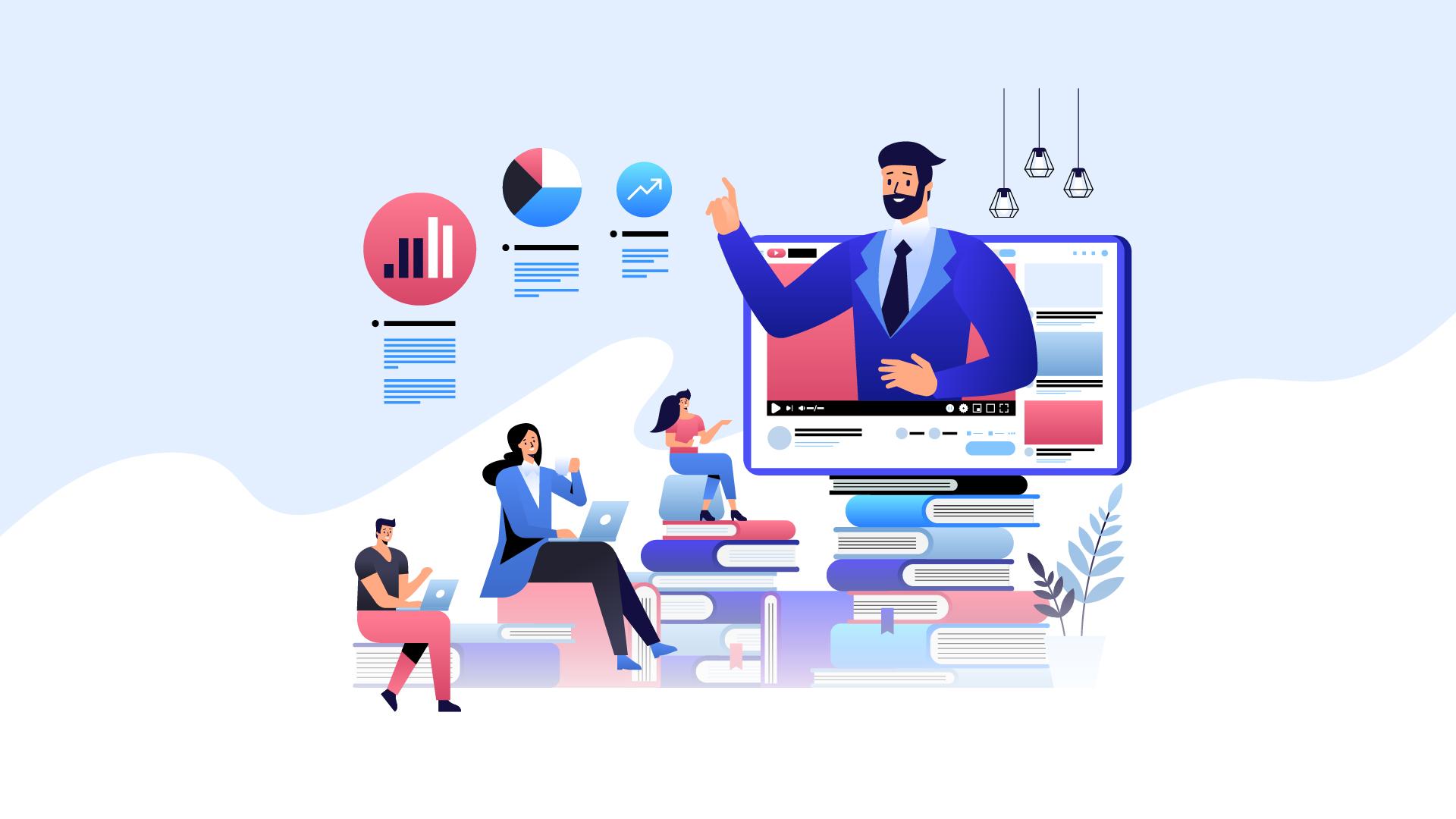
Leadership development has evolved to cater to the diverse needs of today's dynamic business environment, offering various formats to ensure accessibility, relevance, and impact. Understanding these formats can help organizations select the most suitable approach to leadership development.
Here's an overview of the primary formats of leadership programs:
1. In-Person Leadership Workshops and Seminars
Traditional yet highly effective, in-person workshops and seminars foster direct interaction, hands-on learning, and immediate feedback. These formats are ideal for building relationships, networking, and immersive learning experiences. They often feature group exercises, role-playing, and live case studies, facilitating a deep understanding of leadership concepts in a collaborative setting.
2. Online Leadership Courses
Online courses offer flexibility and accessibility, allowing participants to learn at their own pace and on their schedule. This format is particularly beneficial for organizations with a geographically dispersed workforce or for individuals who cannot commit to extended periods away from work. With advancements in digital learning platforms, online courses now feature interactive content, virtual group discussions, and even one-on-one coaching sessions, making them a powerful alternative to traditional in-person training.
3. Executive Coaching
Executive coaching provides a personalized approach to leadership development, pairing leaders with experienced coaches. This one-on-one format focuses on the individual's specific challenges and goals, offering tailored guidance and actionable feedback. Executive coaching is effective for addressing unique leadership styles, overcoming personal barriers to success, and developing strategic thinking skills.
4. Leadership Development Programs (LDPs)
LDPs are comprehensive programs that span several months to a year, combining various elements of leadership training, such as workshops, coaching, and project work. These programs are designed to develop leaders holistically, covering a wide range of skills and competencies. LDPs often include assessments and feedback mechanisms to track progress and impact.
5. Mentoring Programs
Mentoring programs connect less experienced leaders with seasoned executives to facilitate knowledge transfer and guidance. This format is valuable for succession planning and fostering a culture of continuous learning within the organization. Mentors can provide insights into navigating the company's strategic landscape, enhancing the mentee's decision-making and problem-solving skills.
6. Leadership Retreats
Leadership retreats offer an intensive, immersive experience, typically held away from the workplace in a setting conducive to reflection, strategic thinking, and team building. These retreats are excellent for strengthening teams, aligning leadership on strategic goals, and fostering a sense of unity and purpose among participants.
7. Microlearning and On-the-Job Training
Microlearning involves short, focused training modules designed for quick consumption, often accessible via mobile devices. This format is ideal for busy leaders who wish to develop specific skills or knowledge areas incrementally. On-the-job training, meanwhile, allows leaders to apply new concepts and techniques in real time, facilitating practical learning and immediate application.
Each format offers unique benefits and can be effective in different contexts. The choice of format depends on various factors, including the organization's objectives, the participants' learning styles, and the practical considerations of time and resources. By carefully selecting and even combining these formats, organizations can create a leadership development program that is both impactful and aligned with their strategic needs.
Choosing the Right Leadership Program for Your Business
Selecting the ideal leadership program for your organization is a critical step towards enhancing your leadership capabilities and, consequently, driving business success. With an array of formats and approaches available, making the right choice involves careful consideration of several key factors.
Here's a guide to help you navigate the process:
Understand Your Leadership Development Needs
Start by conducting a thorough needs assessment to pinpoint the specific leadership skills and competencies your organization lacks or could significantly benefit from enhancing. Consider both current leadership challenges and future strategic goals. This assessment should involve input from various stakeholders, including current leaders, HR professionals, and potential program participants.
Evaluate Program Content and Structure
Once you have a clear understanding of your needs, review the content and structure of potential leadership programs. Look for programs that offer a balanced mix of theoretical knowledge, practical application, and personal development. Ensure the curriculum addresses the specific areas identified in your needs assessment and includes methodologies that facilitate effective learning, such as case studies, simulations, and group projects.
Consider Delivery Format and Flexibility
The format of the leadership program—whether it's in-person, online, or hybrid—can significantly affect its accessibility and impact. Consider your team's geographic distribution, availability, and preferred learning styles. Online and hybrid formats offer greater flexibility, making them suitable for organizations with dispersed teams or busy schedules. In contrast, in-person programs can provide more immersive experiences and stronger networking opportunities.
Assess the Quality and Expertise of Instructors
The instructors' experience and expertise are crucial to the effectiveness of a leadership program. Look for programs led by instructors with a proven track record in leadership development, as well as practical experience in leadership roles. Instructors should be capable of not only imparting knowledge but also inspiring participants and facilitating meaningful discussions.
Customization Options
A leadership program that can be tailored to your organization's specific context, industry, and culture will be more effective than a generic one. Customization can range from incorporating company-specific case studies to addressing unique leadership challenges faced by your organization. Programs that offer customization can ensure the learning experience is directly relevant and immediately applicable.
Track Record and Return on Investment (ROI)
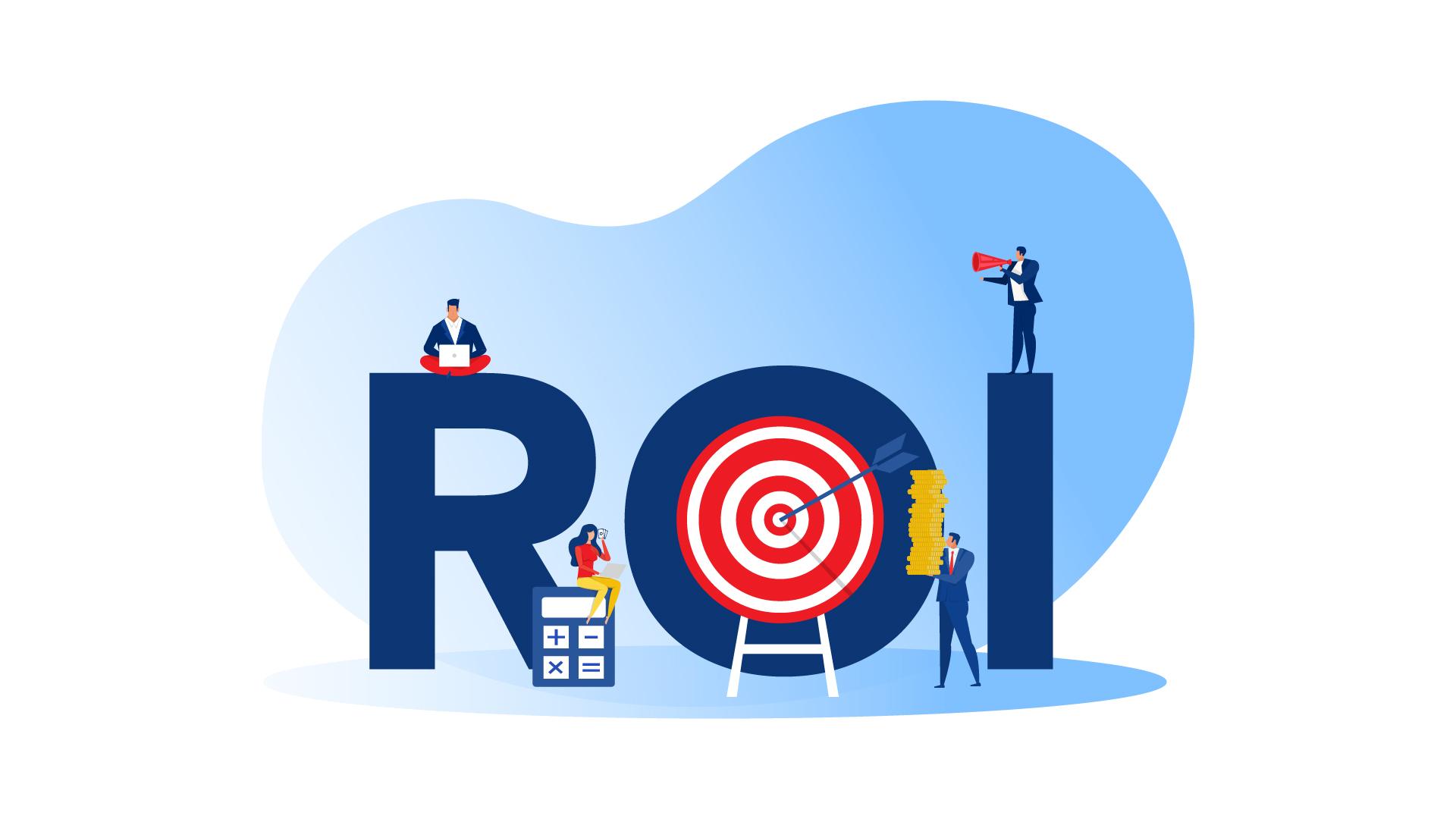
Investigate the track record of the programs under consideration. Look for testimonials, case studies, and any available metrics that demonstrate the program’s success in achieving measurable outcomes. Understanding the potential ROI is essential for justifying the investment in leadership development. Programs should provide clear metrics for measuring success, including improvements in leadership competencies, team performance, and business results.
Support and Follow-up
Consider the level of support and follow-up provided as part of the program. Effective leadership development doesn’t end when the formal program concludes; ongoing support, coaching, and reinforcement are essential for ensuring lasting impact. Programs that include follow-up sessions, coaching, or access to a learning community can help sustain and build on the initial learning.
Choosing the right leadership program is a strategic decision that requires a holistic view of your organization's needs, goals, and constraints. By taking a deliberate and thoughtful approach, you can select a leadership development solution that not only meets your current needs but also supports your long-term business objectives.
Forging the Future: Elevating Your Business Through Leadership Programs
Leadership is the cornerstone of any successful organization, driving innovation, guiding strategic direction, and inspiring teams to achieve their full potential. In today's rapidly changing business environment, investing in leadership development is not just beneficial; it's imperative for staying ahead. Leadership programs offer a pathway to not only address current leadership challenges but also to prepare for future ones, ensuring your organization remains resilient and competitive.
Choosing the right leadership program, one that aligns with your organization's specific needs and goals can transform potential into performance, creating leaders who are not only equipped to navigate today's complexities but are also prepared to lead tomorrow's innovations. The journey towards exceptional leadership requires commitment, investment, and the right partner.
Are you ready to take your organization's leadership to the next level? To forge a future where every leader in your organization is empowered to drive growth, innovation, and success?
Our leadership programs are designed to meet you where you are and take you where you want to be. With a focus on real-world application, personalized learning paths, and measurable outcomes, we're here to help you unlock the full potential of your leaders.
Key Takeaways From the Blog
- Leadership's Critical Role in Enhancing Profitability and Competitive Edge
- Comprehensive Organizational Benefits Stemming from Leadership Programs
- Varied Leadership Program Formats to Meet Diverse Needs
- Importance of Customization and Strategic Alignment in Leadership Programs
- Strategic Considerations Essential for Selecting the Right Leadership Program














